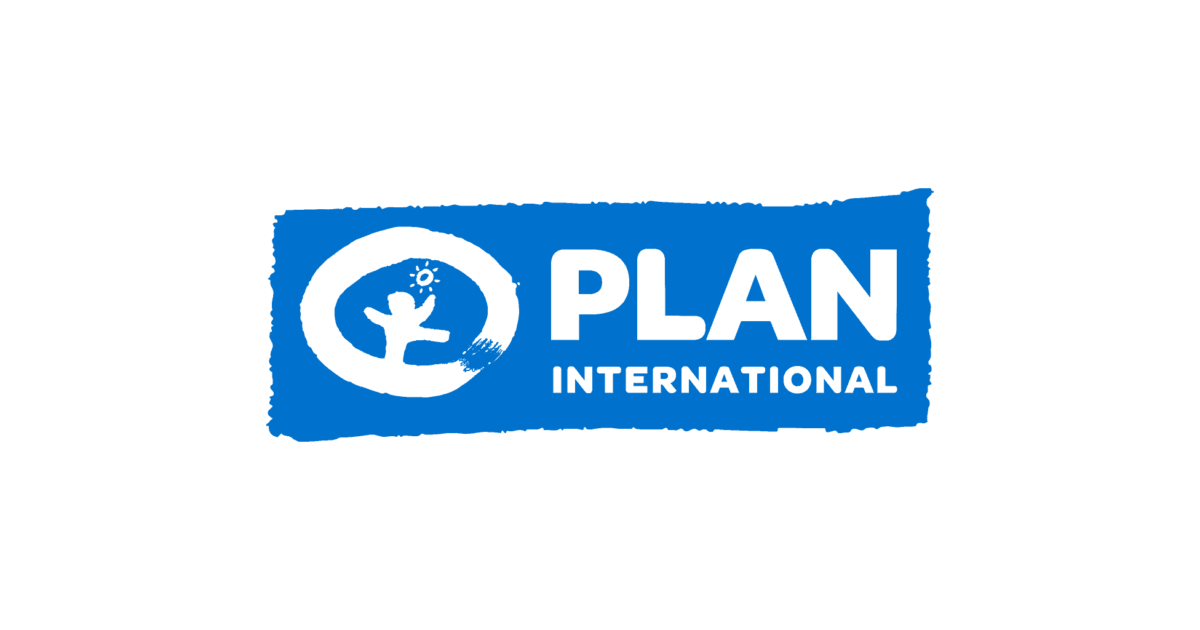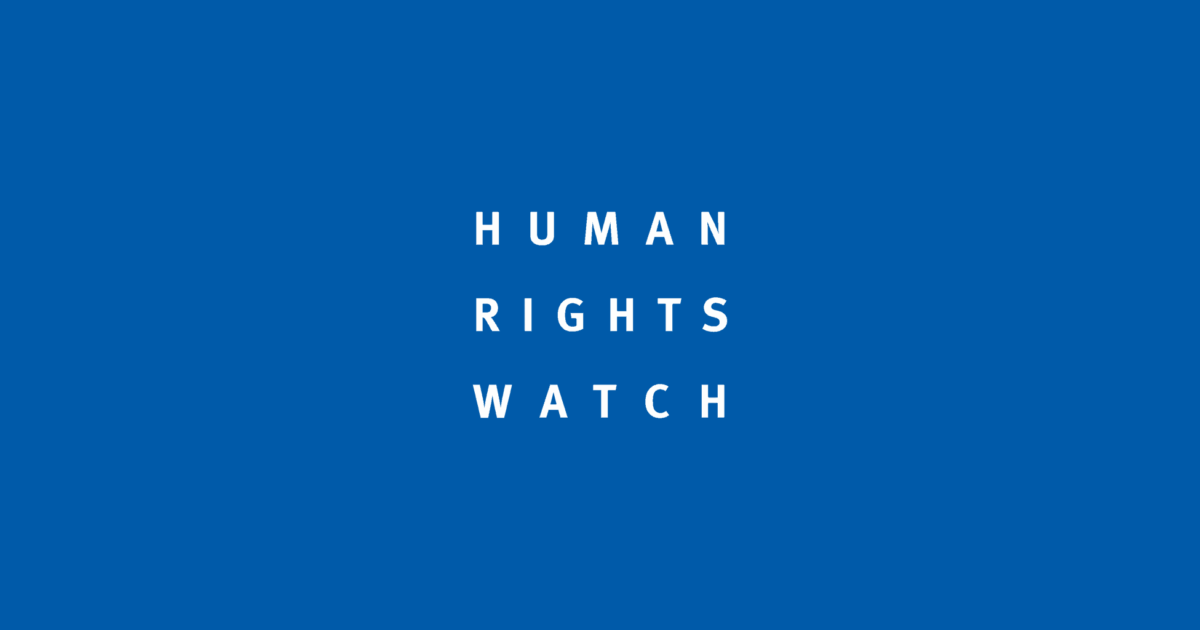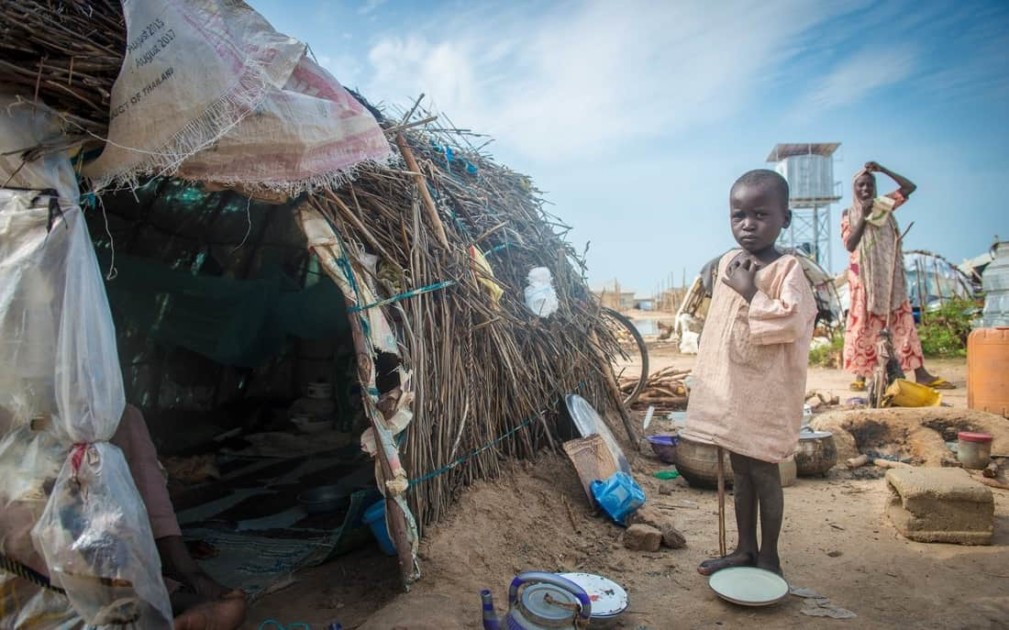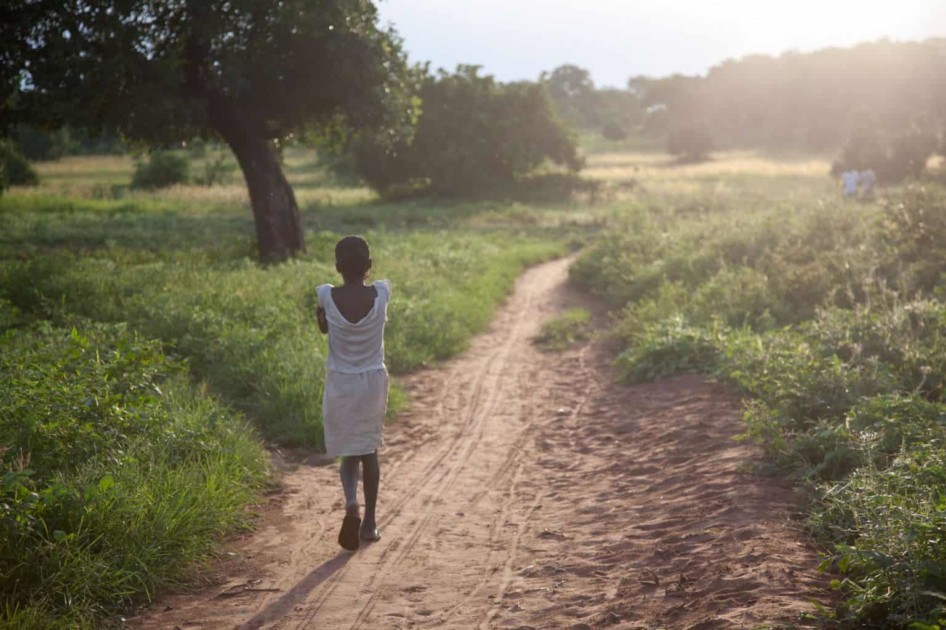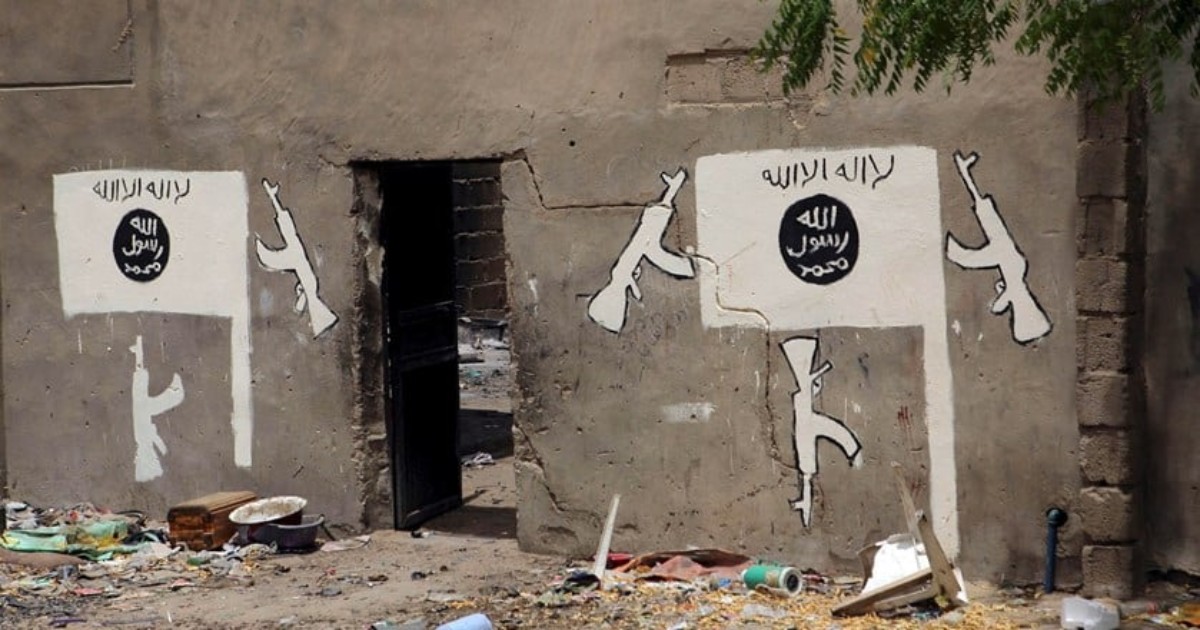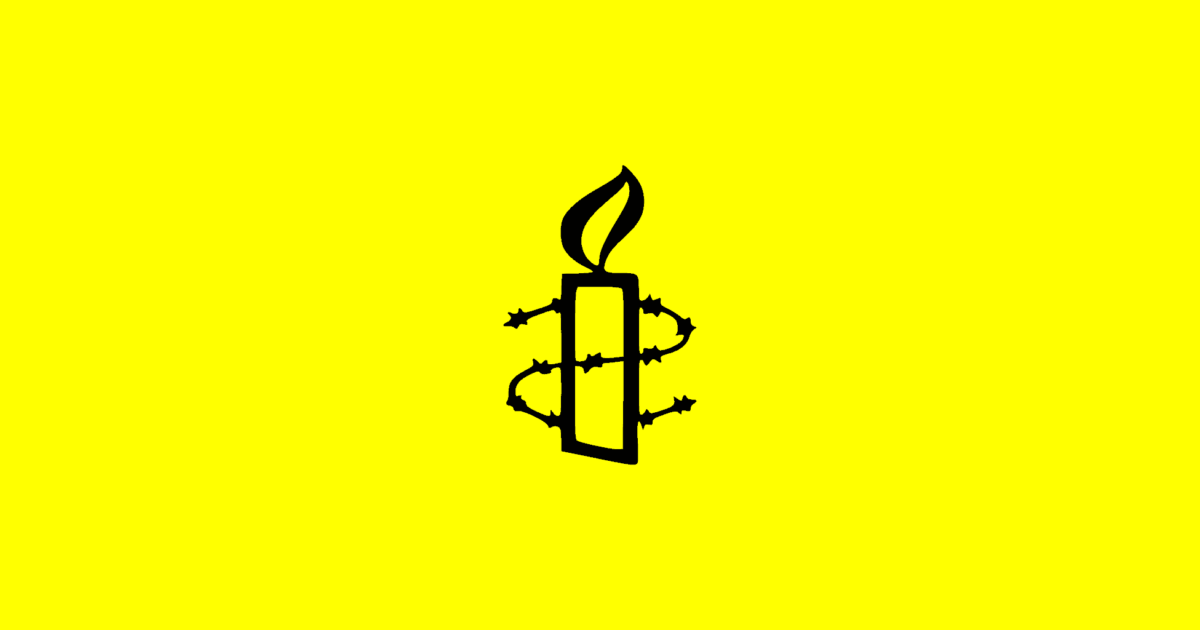Nigeria & Lake Chad Basin
Nigeria & Lake Chad Basin
Current and Past Recommendations to the UN Security Council (Monthly Action Points)
In Nigeria, reports of increasing attacks by Boko Haram continue. Women and girls, who have been abducted, are subjected to forced conversion, forced marriage, rape, forced impregnation and other forms of abuse. Some of the abducted women and girls have been forced to participate in military operations, including as suicide bombers. Despite efforts by the government, Nigerian security forces have failed to stop abductions from occurring or rescue those still captured. Further, authorities have failed to adequately investigate killings and abductions, bring suspected perpetrators to justice or prevent further attacks. To date, there has been no formal process to determine the total number of women and girls that have been kidnapped. Security forces have also failed to take all feasible legal precautions to protect the civilian population in their military operations against Boko Haram. Those able to escape or rescued have received little or no assistance and very few have returned home. Abusive behavior by government security forces has been a contributory factor for the radicalization of the region. A more determined commitment to uphold human rights standards would help marginalize and weaken the extremists and create more favorable conditions for peace, reconciliation and development, not least for women and girls. In its consideration of the situation in Nigeria, the Council should encourage the government to:
- Establish comprehensive justice strategies, ensuring investigation, reporting and reparation provisions, in line with international humanitarian and human rights law and in compliance with ethical and safety guidelines. The Nigerian government must ensure that abuses by Boko Haram as well as by Nigerian government forces have to be investigated and those responsible held accountable.
- In coordination with local entities, provide non-discriminatory medical care and psycho-social services, counseling, opportunities for education and livelihoods to former captives, including the full range of sexual and reproductive services required by their condition such as the safe termination of pregnancy. Former captives should also be ensured privacy and a safe reintegration into their families and communities.
- Ensure women’s full and equal participation in all peace and security negotiations, including grassroots organizations and allocate financing and resources to promote the implementation of the SCR 1325 (2000) national action plan.
In Nigeria, reports of increasing attacks by Boko Haram continue. Women and girls, who have been abducted, are subjected to forced conversion, forced marriage, rape, forced impregnation and other forms of abuse. Some of the abducted women and girls have been forced to participate in military operations, including as suicide bombers. Despite efforts by the government, Nigerian security forces have failed to stop abductions from occurring or rescue those still captured. Further, authorities have failed to adequately investigate killings and abductions, bring suspected perpetrators to justice or prevent further attacks. To date, there has been no formal process to determine the total number of women and girls that have been kidnapped. Security forces have also failed to take all feasible legal precautions to protect the civilian population in their military operations against Boko Haram. Those able to escape or rescued have received little or no assistance and very few have returned home. Abusive behavior by government security forces has been a contributory factor for the radicalization of the region. A more determined commitment to uphold human rights standards would help marginalize and weaken the extremists and create more favorable conditions for peace, reconciliation and development, not least for women and girls. In its consideration of the situation in Nigeria, the Council should encourage the government to:
- Establish comprehensive justice strategies, ensuring investigation, reporting and reparation provisions, in line with international humanitarian and human rights law and in compliance with ethical and safety guidelines. The Nigerian government must ensure that abuses by Boko Haram as well as by Nigerian government forces have to be investigated and those responsible held accountable.
- In coordination with local entities, provide non-discriminatory medical care and psycho-social services, counseling, opportunities for education and livelihoods to former captives, including the full range of sexual and reproductive services required by their condition such as the safe termination of pregnancy. Former captives should also be ensured privacy and a safe reintegration into their families and communities.
- Ensure women’s full and equal participation in all peace and security negotiations, including grassroots organizations and allocate financing and resources to promote the implementation of the SCR 1325 (2000) national action plan.
Relevant Resources

